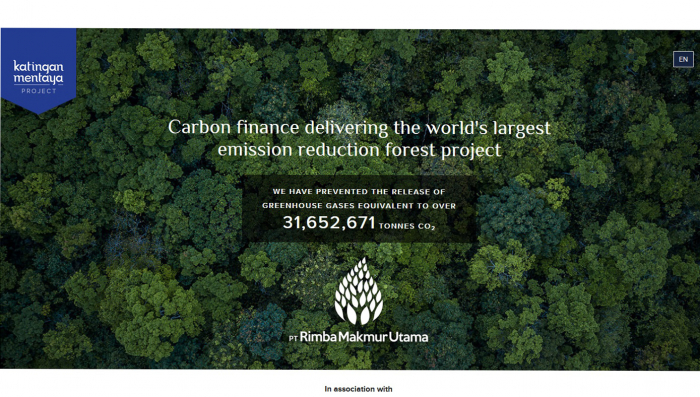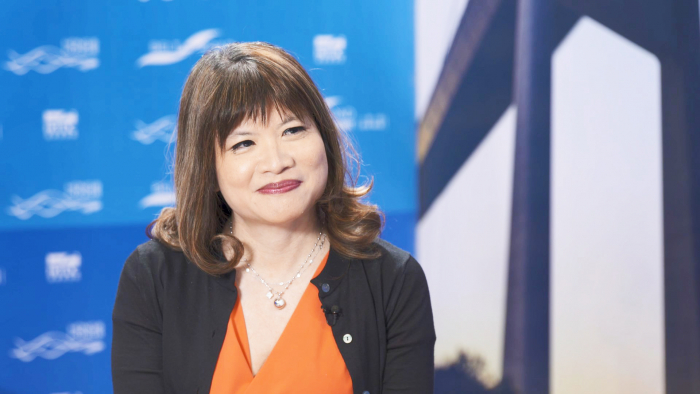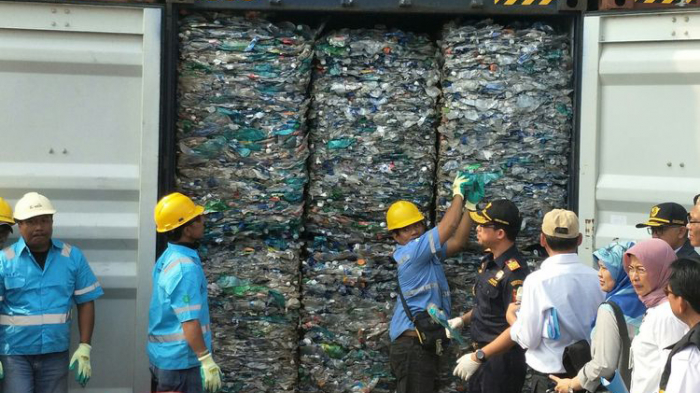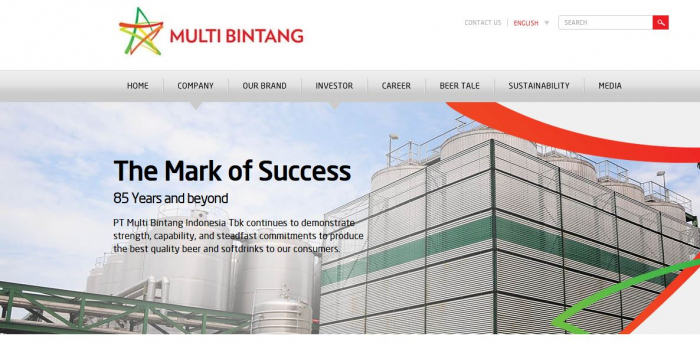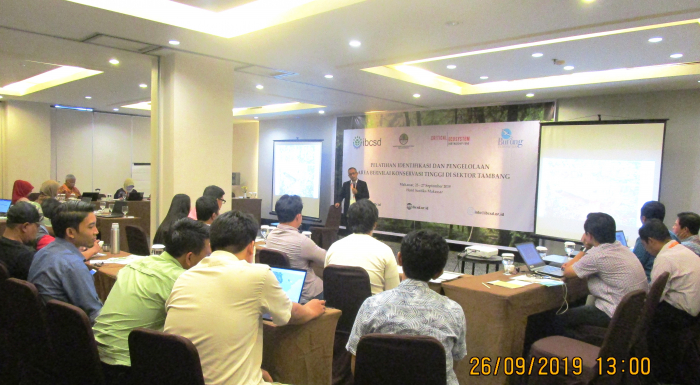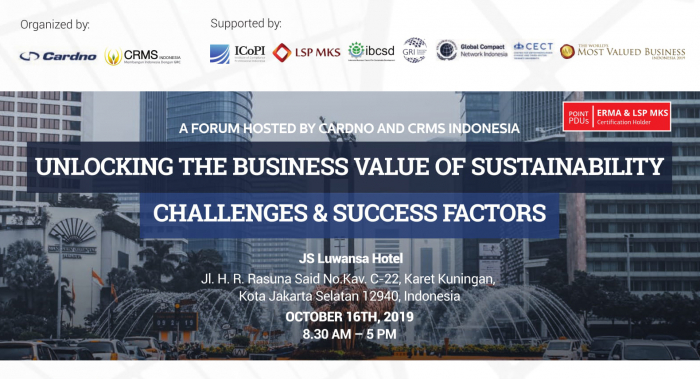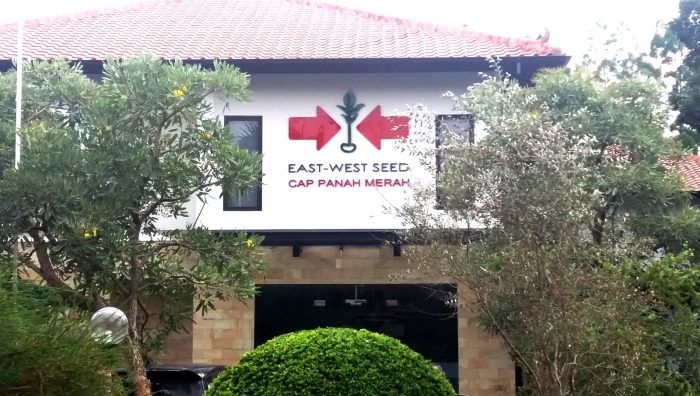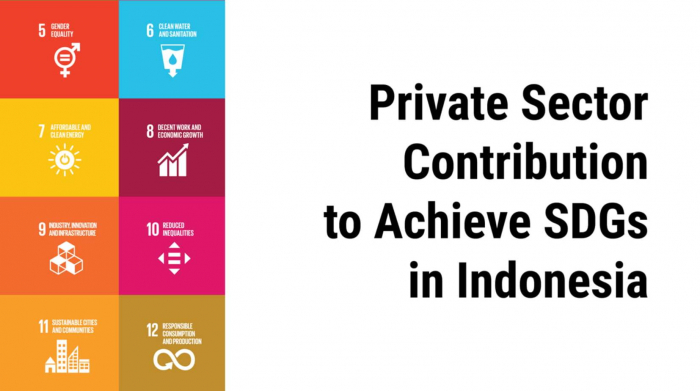Executive Director of IBCSD, Indah Budiani explained the purpose of this training is to develop knowledge and skills from all relevant stakeholders regarding biodiversity management in mining concession areas. “IBCSD will assist PT Vale Indonesia Tbk. in piloting biodiversity management module at their areas in Sorowako, South Sulawesi”, she said. “We hope that the governments can provide leadership and coordination in this collaborative effort, as well as other relevant stakeholders to work together in harmony”.
Meanwhile, the Director of Essential Ecosystem Areas Management, Ministry of Environment and Forestry, Ir. Tandya Tjahjana, MSi, in his opening remarks appreciated the initiative for conducting capacity building in biodiversity management in mining sector. He said “The module is expected to encourage and to provide direction for mining companies in improving their biodiversity management to be more sustainable and align with good mining practices”.
At present, one of the biggest challenges in implementing biodiversity management in mining area is that most of biodiversity values are located inside productive mining areas. Therefore, strong commitment and sufficient knowledge from private sectors are vital to ensure the existence of biodiversity in the remaining landscape of Sorowako, South Sulawesi. Other than that, IBCSD is also underlined that synergy among different stakeholders are critically needed to ensure connectivity between private sectors’ efforts with other conservation efforts at the landscape level contributing to the bigger goal of both local and national conservation objectives.

